- For residents
- Schools, learning and early years
- Adult courses and learning
- Subsites
- Bristol Family Hubs
What school anxiety and refusal is, resources for parents and carers.
School anxiety and refusal
School anxiety, sometimes called 'school refusal', is when your child feels fearful or anxious about school and might be unable to go to school because of it.
It's also referred to as ‘emotionally-based school avoidance' (EBSA). To support you, we have pulled together resources for parents and carers to support children facing school anxiety.
-
Bitesize blog: How parents can help their child get through tough times
Information about school anxiety, how to help your child and supporting children with SEND
-
Bitesize Parents' Toolkit: How can I support myself and my child?
Six tips to protect your mental health whilst still supporting your child with school anxiety
-
Young Minds blog: school anxiety and refusal
Advice on supporting your child and working with the school and other services.
-
Place2Be blog: My child doesn't want to go to school
How to understand your child's fear and help them face it.
-
Bitesize blog: The after-school ‘meltdown
Five tips to support your child if they experience the after-school ‘meltdown'
Support for parents and carers

Young Minds: Parents Helpline
A free and confidential helpline service for parents or main carers' of children and young people aged 25 or under.
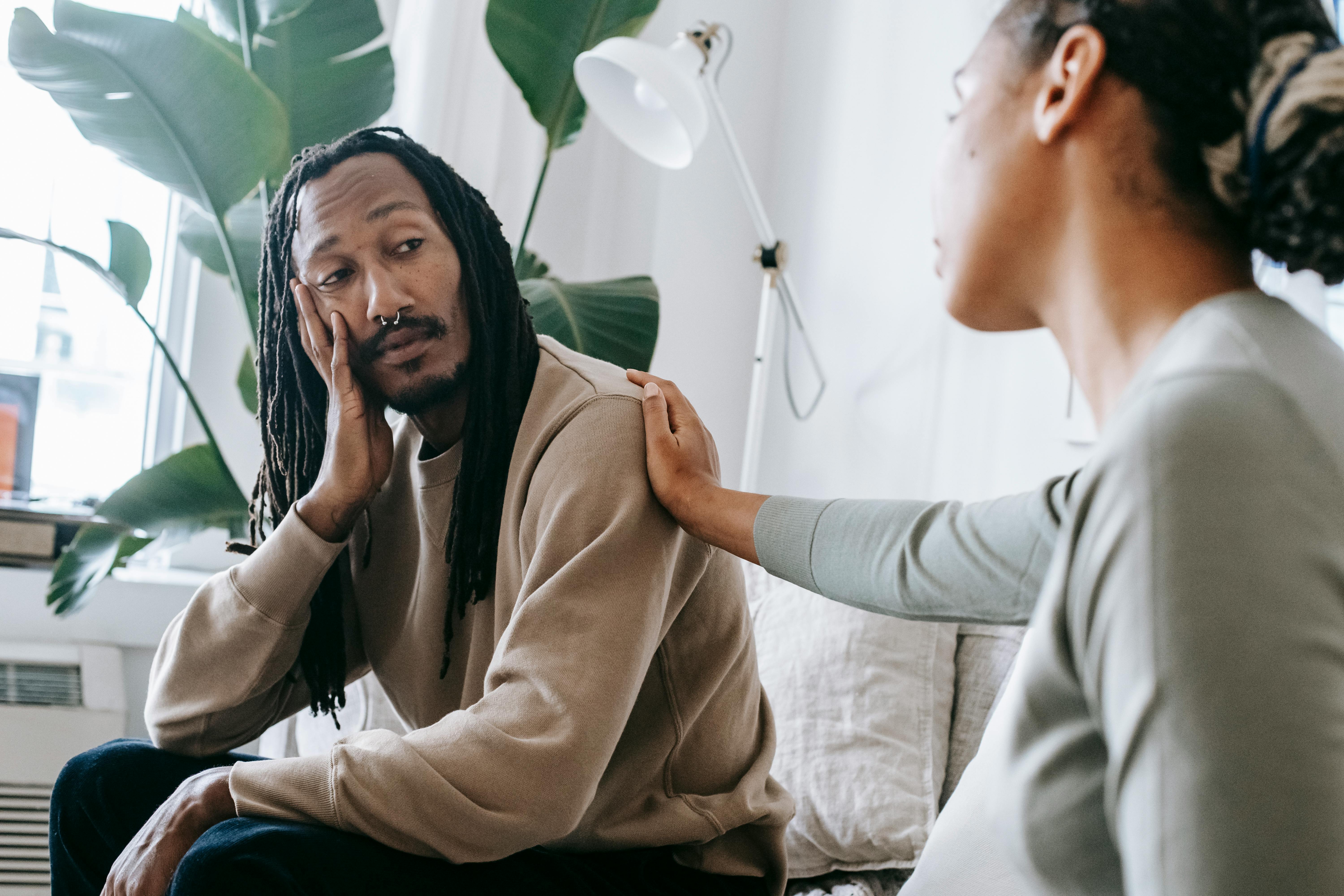
Bitesize Parents' Toolkit: Six self-care tips for parents
Information and tips for parents and carers about how they can support their own mental health and wellbeing.
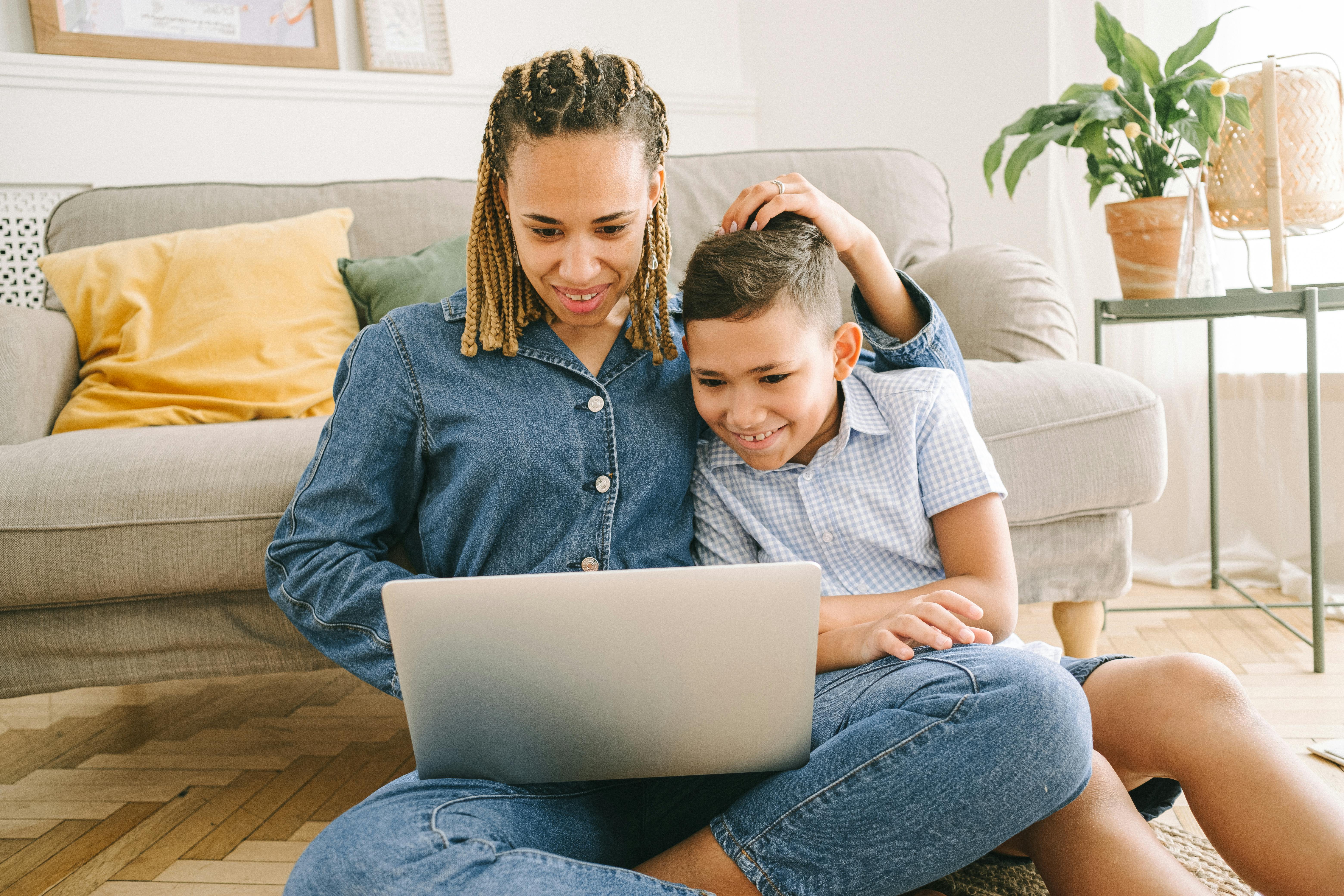
Children's Commissioner: Help page
A guide for working with your school and local authority to support your children to attend school, including support for parents with SEND children.
Starting primary school is a big step for both children and parents. To support you, we've gathered practical advice and useful resources to help your child feel confident and prepared for this new chapter.
Advice for parents and carers
School readiness involves emotional, social, physical, brain, and language development.
-
Blog: talking to your child about starting school
Advice on how to talk to your child about school to help them feel more prepared.
-
What is school readiness?
Information about helping your child be ready for school and what you can do at home.
-
Types of school readiness
Information on the different types of school readiness, such as emotional, social, cognitive and physical.
-
Online course: Understanding your child: from toddler to teenager
Sign in or create an account and use the access code 'GROWING' to get this NHS course for free.
-
Online course: Understanding your child with additional needs
Sign in or create an account and use the access code 'GROWING' to get this NHS course for free.
Practical skills for starting school
Encouraging independence in everyday tasks will help your child feel more confident at school. These resources have been created by BBC's Tiny Happy People.
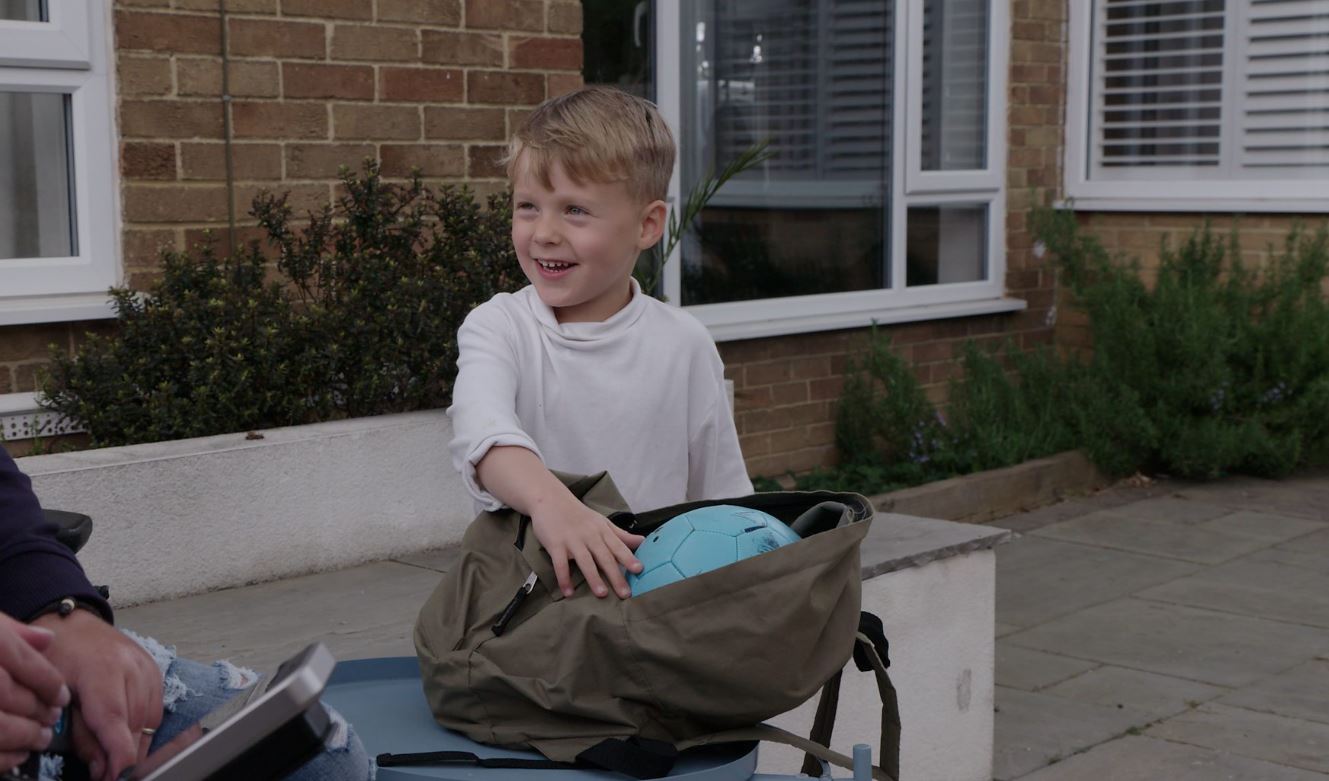
Packing a bag together
Packing a bag together is a great way to practise independence before school starts in a relaxed and fun way.
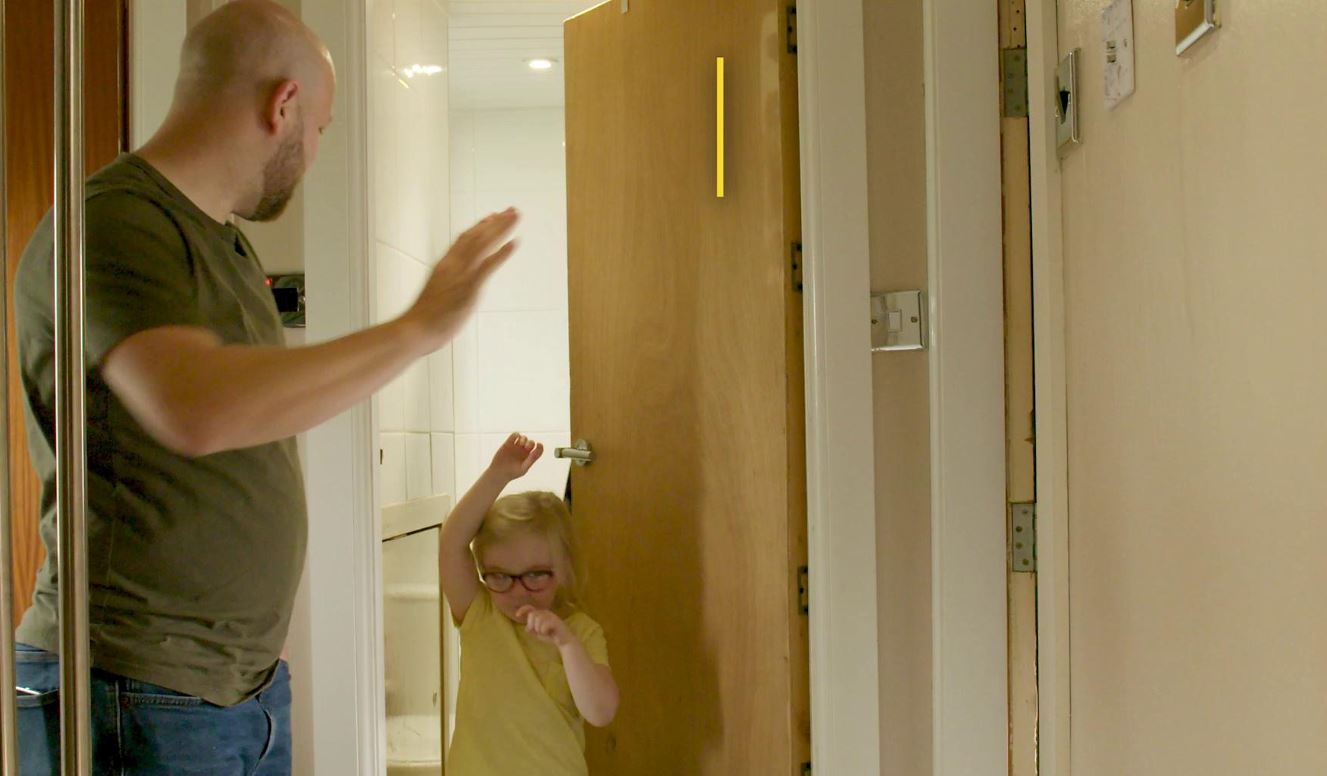
Taking a trip to the toilet
Going to the toilet on their own is an important skill for school readiness.
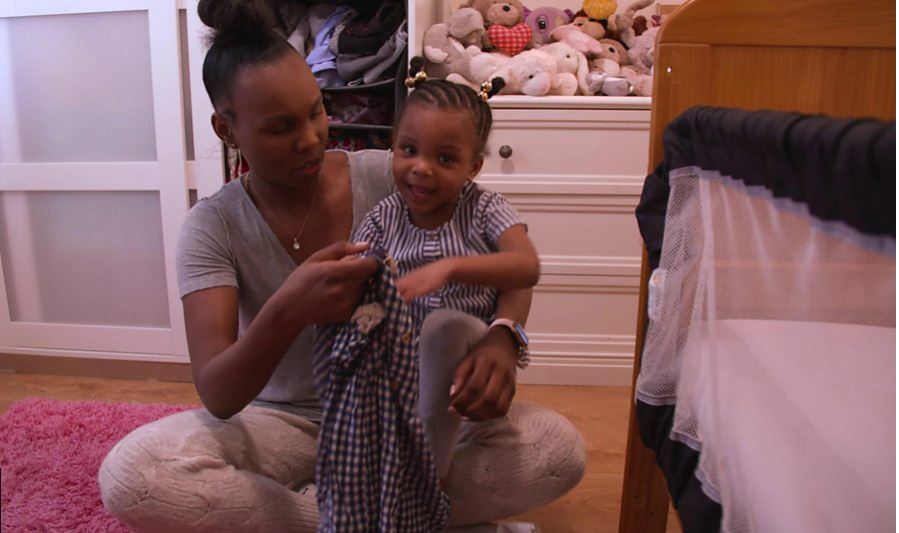
Getting ready for the day
The importance of chatting with your child whilst they get ready for the day.
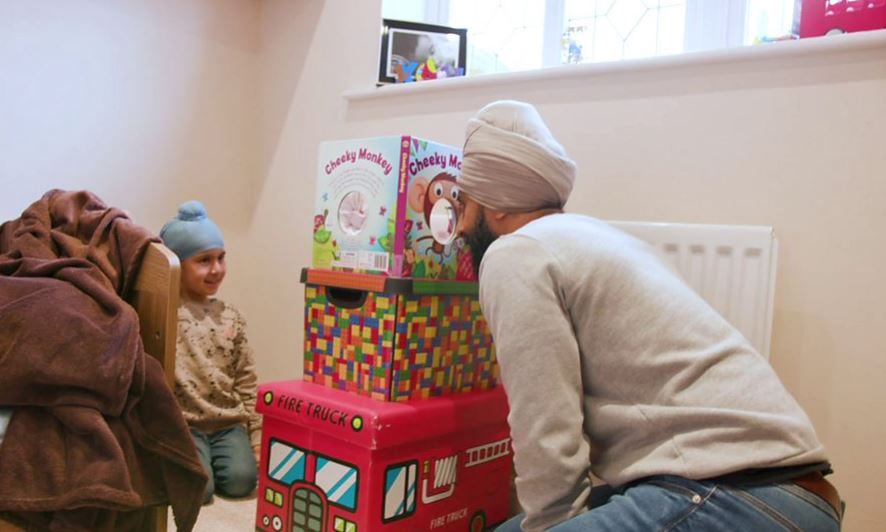
How can I make tidying with my child more fun?
How to get your children to think imaginatively and learn how to do chores.
Activities to support their development
These activities and games have been created by BBC's Tiny Happy People.
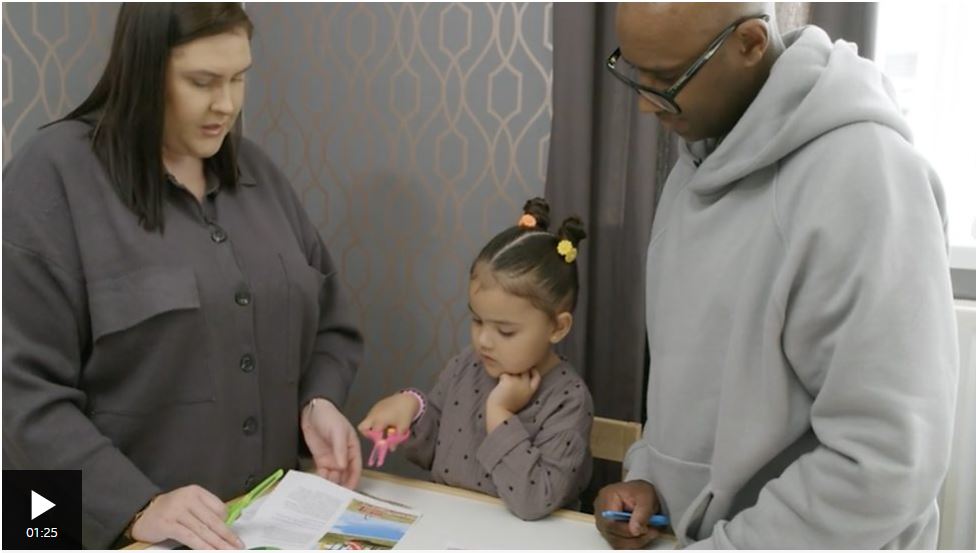
Play the Tomorrow Game
The Tomorrow Game is a simple way to learn about more complex sentence structures, such as the past and future tense.

Making a puzzle
Making a puzzle together is a fun way to help develop your child's concentration and coordination skills.
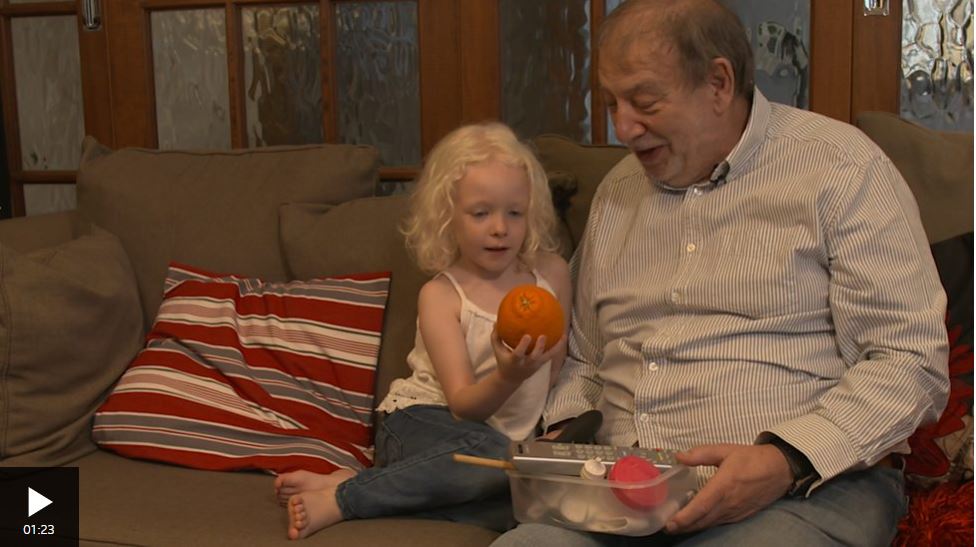
Putting things in order
Sorting objects into a row based on different features is a really great way to develop your child's communication and reasoning skills.
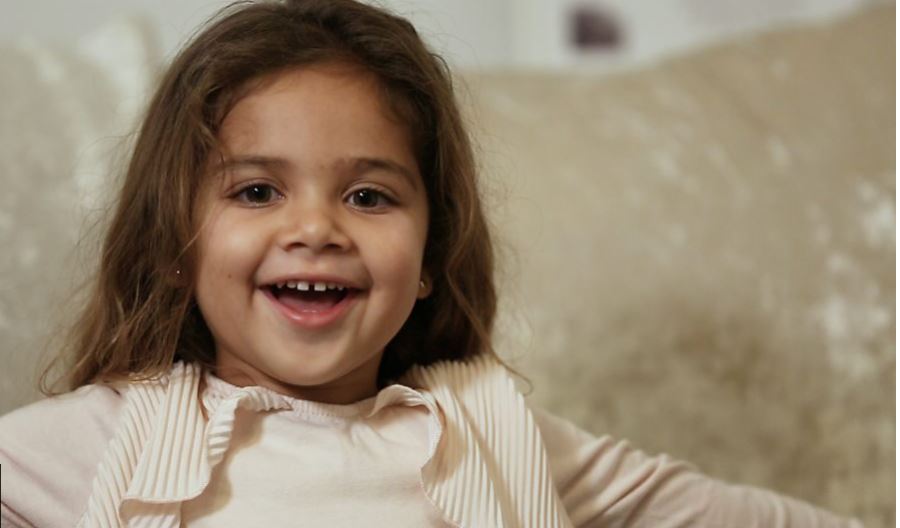
Making up nursery rhymes
Changing the words to a favourite nursery rhyme is a fun way for your child to experiment with new words.

Other activities
Visit the Tiny Happy People website for more simple, fun and free activities to do with your children to help support their development.
Supporting mental health and wellbeing
It's normal for children to feel nervous about starting school. These resources can help parents and carers support children to manage their own emotions.
-
Supporting your child with anxiety
Managing anxiety in primary school: CBeebies.
-
Ways to help your child cope with their feelings
Help your child cope with their feelings: CBeebies.
-
Activity: Make a feelings tree
Make a feelings tree: Tiny Happy People.
Videos for parents and carers
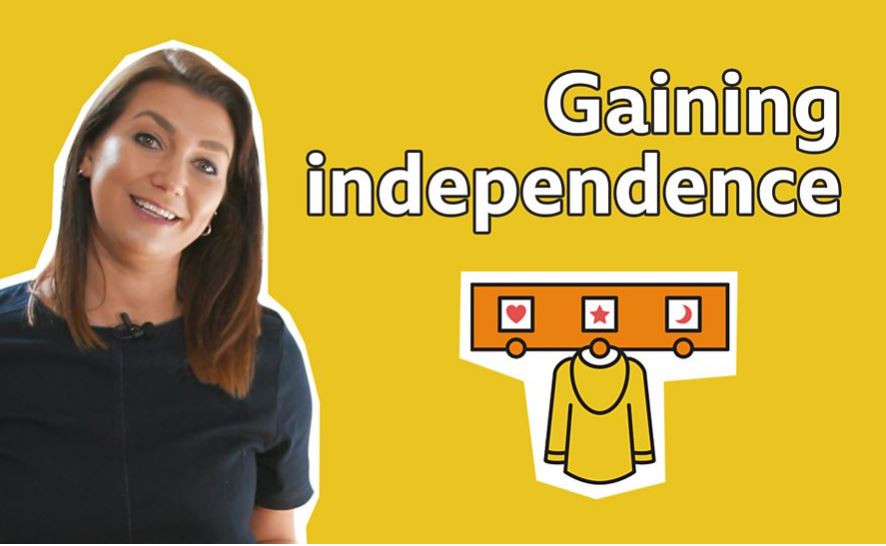
How to help your child be independent
Tips to help your child to become independent that will help them to relax and settle in when they start primary school.
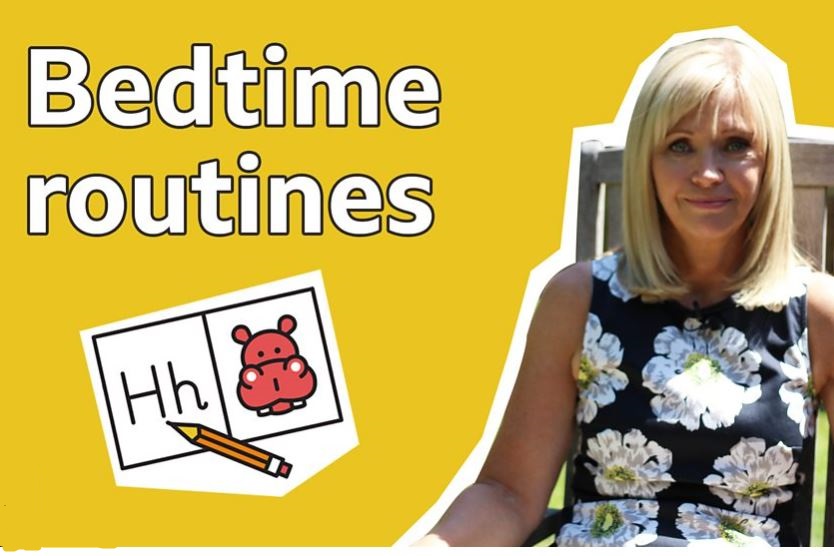
How to get your child's bedtime routine right
Tips for making sure your children get a good night's sleep.
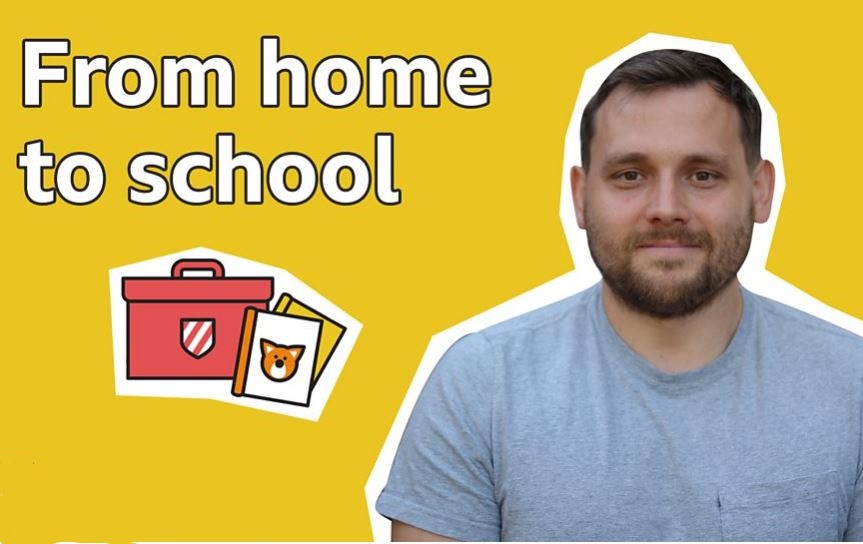
How to help with transition from home to school
The transition from home life to school life can be difficult for children and parents alike, ways to help make the transition as smooth as possible.
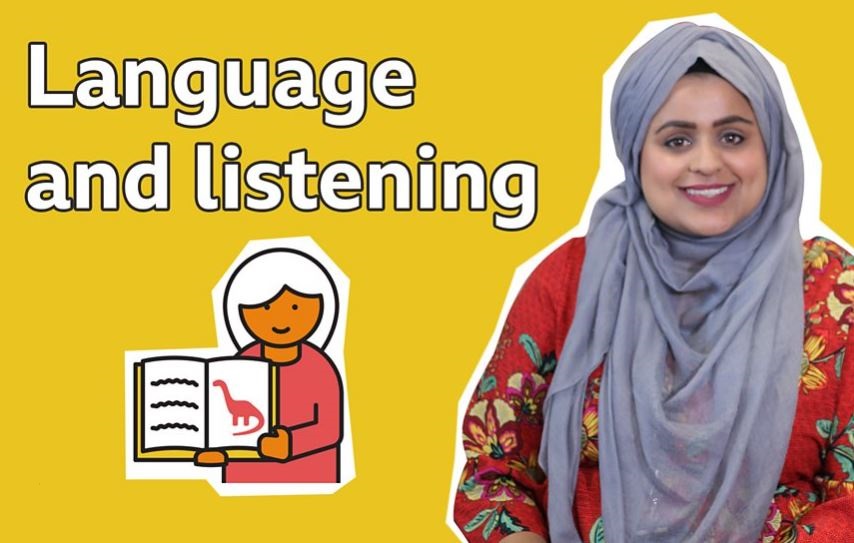
How to help your child with language
Tips to help develop language, communication and listening skills that are needed for children starting school.
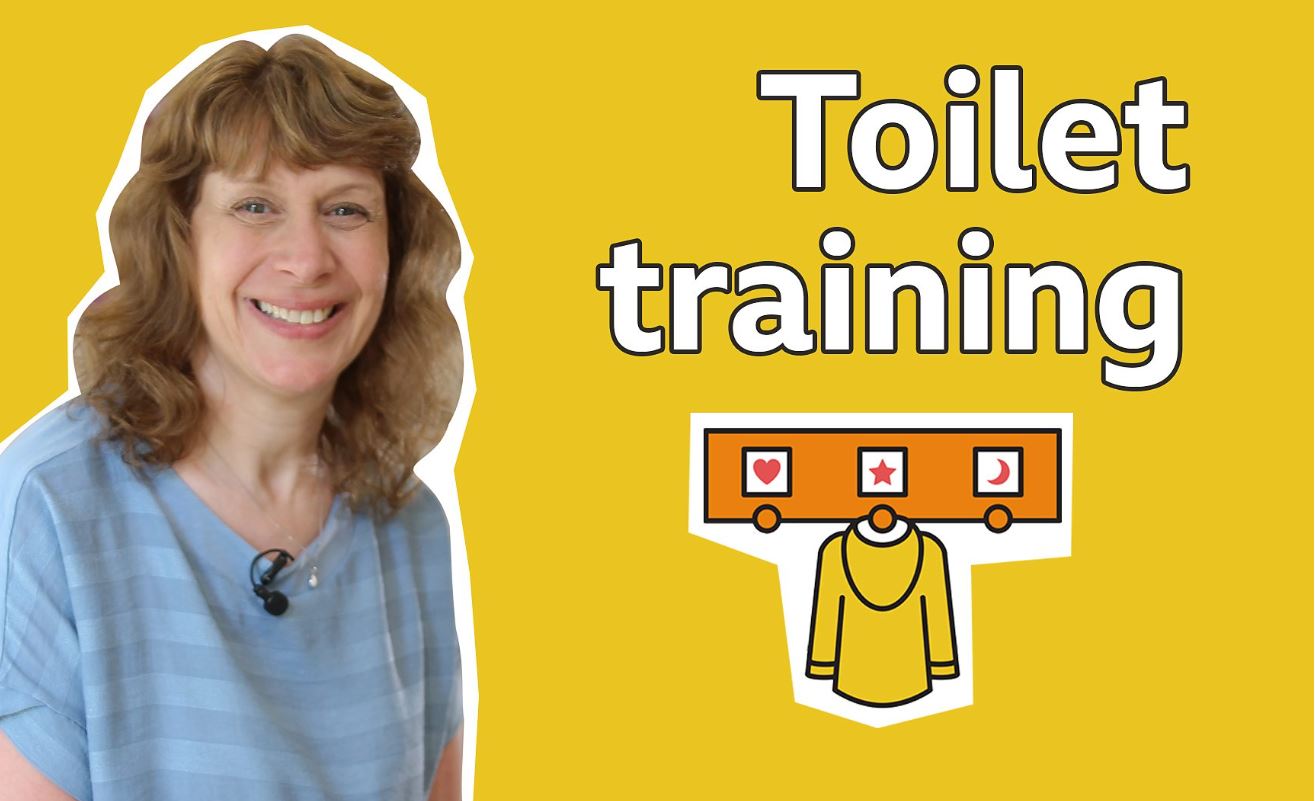
Going to the toilet independently
Tips to help your child get ready to go to the toilet independently at school.
Starting a new school can be a daunting experience. Find advice and guidance to help you and your family have a smooth transition to secondary school.
Information for parents and carers
-
Blog: Parenting a sensitive child to ensure a smooth transition to secondary school
An NHS blog about how parents and carers can talk to sensitive children about moving up.
-
Blog: Talking to your children about starting secondary school
An NHS blog about how parents and carers can talk to their children about moving up.
-
Supporting a child moving to secondary school with Dr Radha
BBC bitesize video:Dr Radha Modgil gives her advice on how to best prepare your child practically and emotionally for the start of secondary school.
-
Online course for helping a child with SEND to start secondary school
Sign in or create an account and use the access code 'GROWING' to get this NHS course for free.
-
Starting secondary school with Special Educational Needs (SEN)
BBC bitesize video: As a parent or carer of a child with special educational needs, or a child with an educational health & care plan moving from primary to secondary school can feel daunting. 5 top tips from an experienced inner city secondary school special educational needs co-ordinator, SENDCo.
Information for young people
-
Myths about secondary school
BBC bitesize video: Everyone has heard stories about starting secondary from how scary the teachers are to getting your head flushed down a toilet. But is it really like that? Students from CBBC's Our School tell us what is true and what isn't.
-
Online course for teenagers: Understanding your feelings
Sign in or create an account and use the access code 'GROWING' to get this NHS course for free.
-
Online course for teenagers: Understanding your brain
Sign in or create an account and use the access code 'GROWING' to get this NHS course for free.
-
Mr Burton's top 5 tips for mobile phone and online safety
Head teacher Matthew Burton gives students advice on how to stay safe online. You can watch his tips below, with written suggestions for how you can help as a parent or carer.
Videos
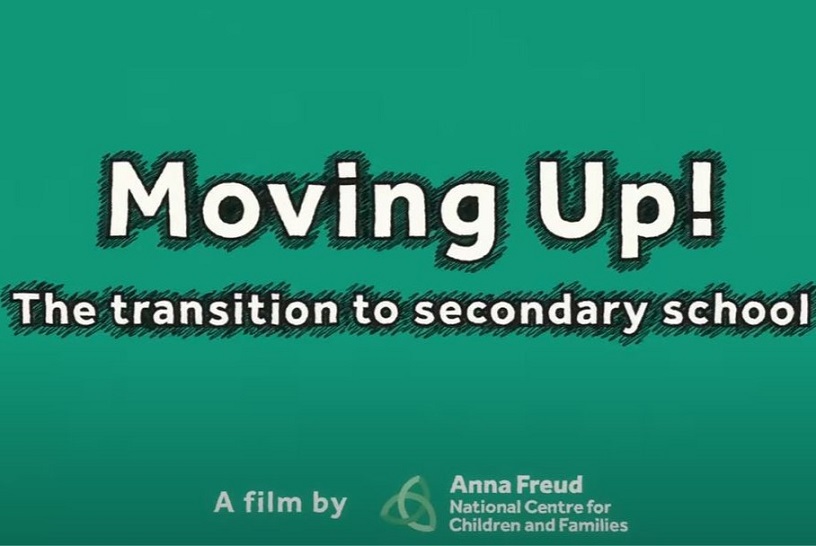
The transition to secondary school
Animation aimed to help year 7 and 6 pupils feel more confident, less anxious and better equipped to cope with the changes associated with moving to secondary school
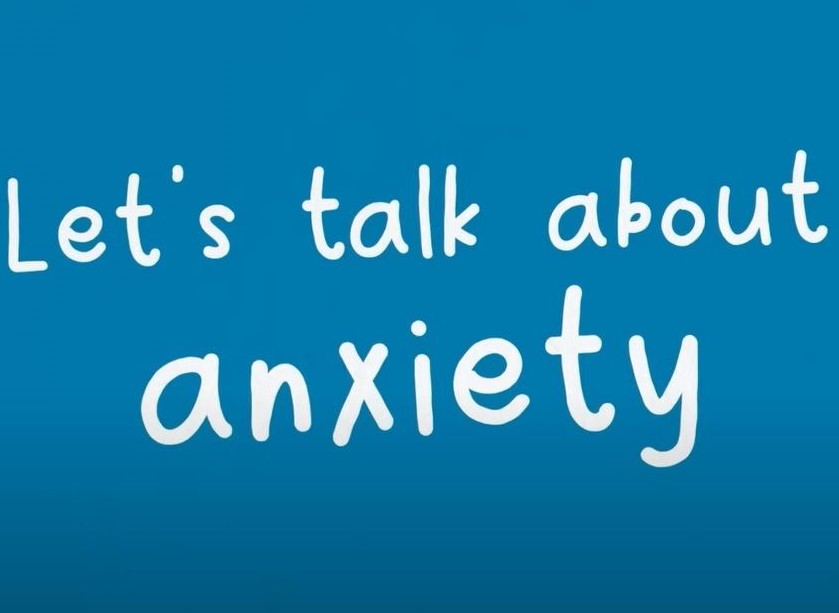
Let's talk about anxiety
Animation to help students aged 11 to 13 to normalise, understand and manage anxious feelings.
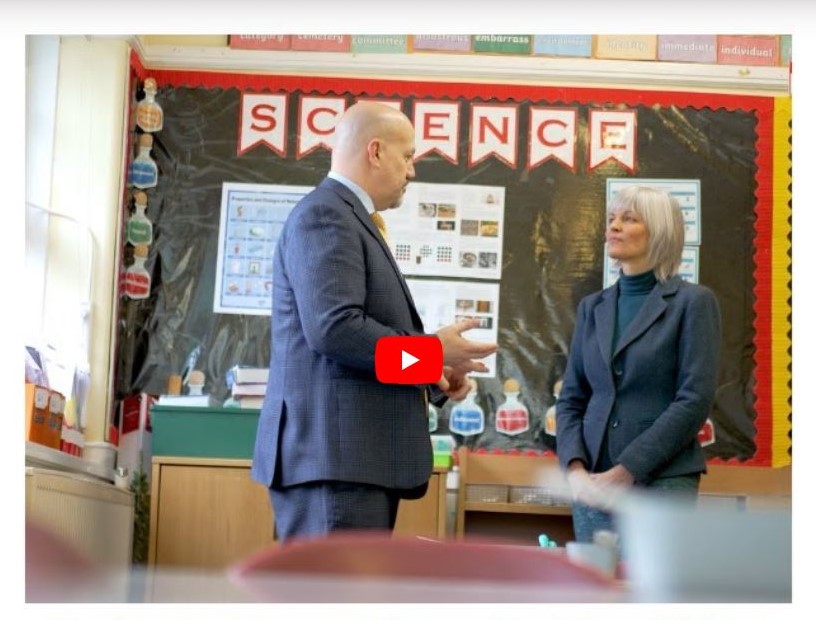
Moving to secondary school for children with additional considerations
How to help your child with SEND to make a smooth transition into secondary school
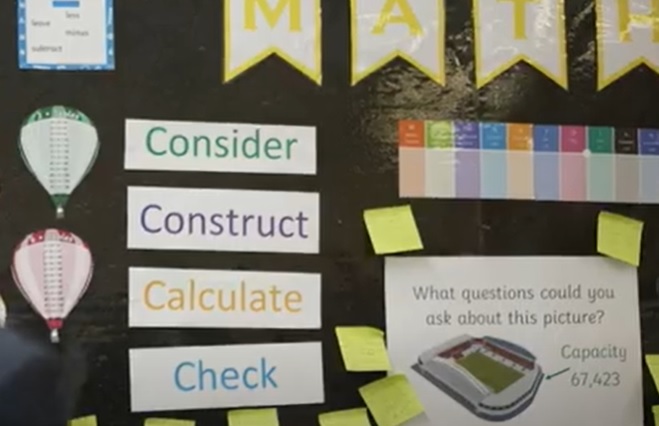
Thinking about smartphones and school
A video with Headteacher Mark Mitchell, explaining helpful ways on how to approach technology in preparation for the move up to secondary school.
Information and resources by age for children's mental health
Information and resources to support you and your child to give your family the best chance to stay mentally healthy.
Information about support services for young carers
-
Support for young carers
Telling people about your situation can get you help and support with caring if you need it.
-
Young carers
Who you can tell about your situation and get help and support with caring if you need it.
-
Young carer's support from Carers UK
If you are a young carer and looking after someone on a regular basis, support and help is available to help you cope.
-
Being a young carer: your rights
You're a young carer if you're under 18 and help to look after a relative with a disability, illness, mental health condition, or drug or alcohol problem. Your rights as a young carer.
- Schools, learning and early years
- School admissions
- School closures
- Find a school
- School term and holiday dates
- Early years and childcare
- Special educational needs and disability
- Education outside mainstream schools
- Free school meals and school travel support
- Adult courses and learning
- Information for young people in Bristol
- Children in care or previously looked after children
- Governing schools and academies
- What the council spends on schools
- Complain about a school
